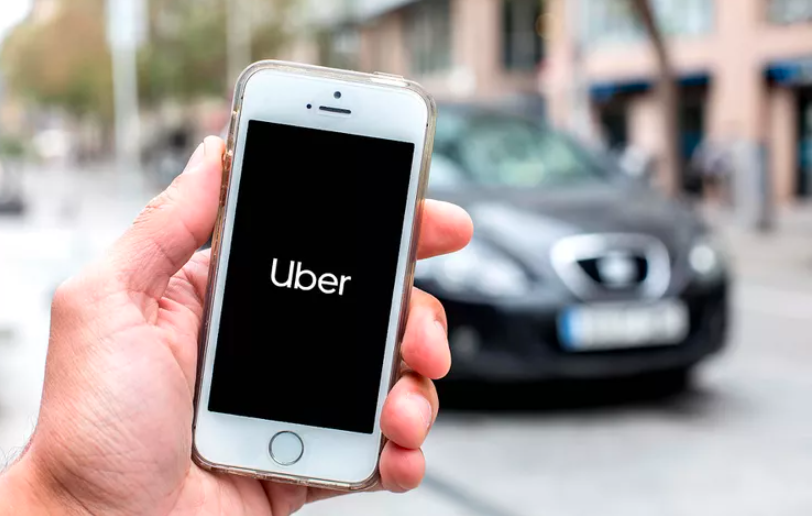A quick Google search will show that the sharing economy was established in 1995 and was most likely created by companies like eBay. That fact is debatable since classified ads have been around since Gutenberg invented the printing press but popularity of the sharing economy steadily powers ahead and is forecasted to be valued at over $790 billion by 20231 (Statista). Peer to peer services, or sharing services, are the backbone of the sharing economy and big players have revolutionized core elements of many industries, including the travel industry. Brand name sharing service platforms have faced an uphill battle on reputation and trust from the start but as more age groups become comfortable using sharing services the reputational and trust battle may be finally turning in favor of the big market players. Economic factors may also have a hand in the surging popularity of rideshare and accommodation sharing apps and services.

What are Peer to Peer Services?
The term Peer to Peer, or P2P simply refers to 2 individuals coming together to perform a transaction for the benefit of each other. Peer to Peer Services refers to the platforms that bring the 2 individuals together. Examples of such platforms are:
- Uber – matches users who need transportation with driver owned cars that are are willing to provide those services
- Airbnb – matches business or leisure travelers who need or want accommodations at a particular destinations with owners of dwellings that meet the traveler’s criteria
- UberEats – matches diners with restaurants and then restaurants with driver owned cars to deliver ordered items
Other brands, such as VRBO cater to the niche luxury rentals sharing market and Lyft as a direct competitor to Uber also have significant market share in the growing P2P sector. It is interesting to note that Peer to Peer Services profess to be beneficial for both the consumer and the provider but have had a tough time shaking that ‘middle man’ moniker that takes a percentage from every participant in the transaction. While sharing services may have had reputational and trust challenges early on, attitudes towards the technology may sway in favor of the industry as time and platform usage move forward.
The Tide Turns for Sharing Services
Peer to Peer Services can be an easy sell to early adopters but the heavy use of technology and murky terms and conditions may have made the masses apprehensive in utilizing these services. Allianz Partners has been tracking Vacation Confidence among consumers since 2015 and only 17% of respondents indicated they would likely use a sharing service during their vacation. Fast forward to 2023 and 46% of the pool indicated they would likely use a sharing service during their travels. Trust in these services has also seen steady gains since 2019 but is still well off its highest trust year in 2017. Trust and reputation is very important to global brands such as Uber and Airbnb and the negative media bias coming from both ends of the transaction makes it an uphill battle for these services. But with almost half of consumers likely to use these platforms, major platforms will focus resources on technology and execution, instead of reputation building.
Is Peer to Peer Here to Stay?
Peer to Peer Services has seen massive evolution since its supposed debut in 1995. Technology, market size and even consumer habits have all been impacted by the sharing economy. The travel business itself has seen the way it does business change with companies like Uber and Airbnb actively operating in markets. Market pundits are looking at a softer leisure market in the coming quarters but business travel is poised to continue growth as Uber reported accelerated growth in its Uber for Business products in the second quarter versus last year (2023). Overall all categories, Uber saw robust growth of 19% in Q2, suggesting deeper adoption among different demographics. Airbnb continues to upgrade its offerings and will revamp its ‘Experiences’ category, further investing in upper tier and luxury sharing services. For the long term, major sharing service brands continue to invest in themselves and as technology and adoption continue to advance, Peer to Peer Services can look forward to steady and continued growth.
Time is on Their Side
With most every ‘new thing’, there will be early adopters and those deathly afraid of having to learn a new system or process. Fortunately for sharing services, time has been kind to these companies as more consumers become accustomed to ‘calling an Uber’ or ‘crashing at an Airbnb’. Uber’s recent successes in the business travel realm suggest that there may be some efficiencies and cost savings using the service as opposed to regular taxis. On the leisure side, inflation and the economy may curtail spending but wayward explorers will always find a way and sharing services may offer a more practical way to hit the road. Peer to peer services seem to have overcome the initial obstacle that questioned their viability, proving that trust and reputation can always be earned with time.

